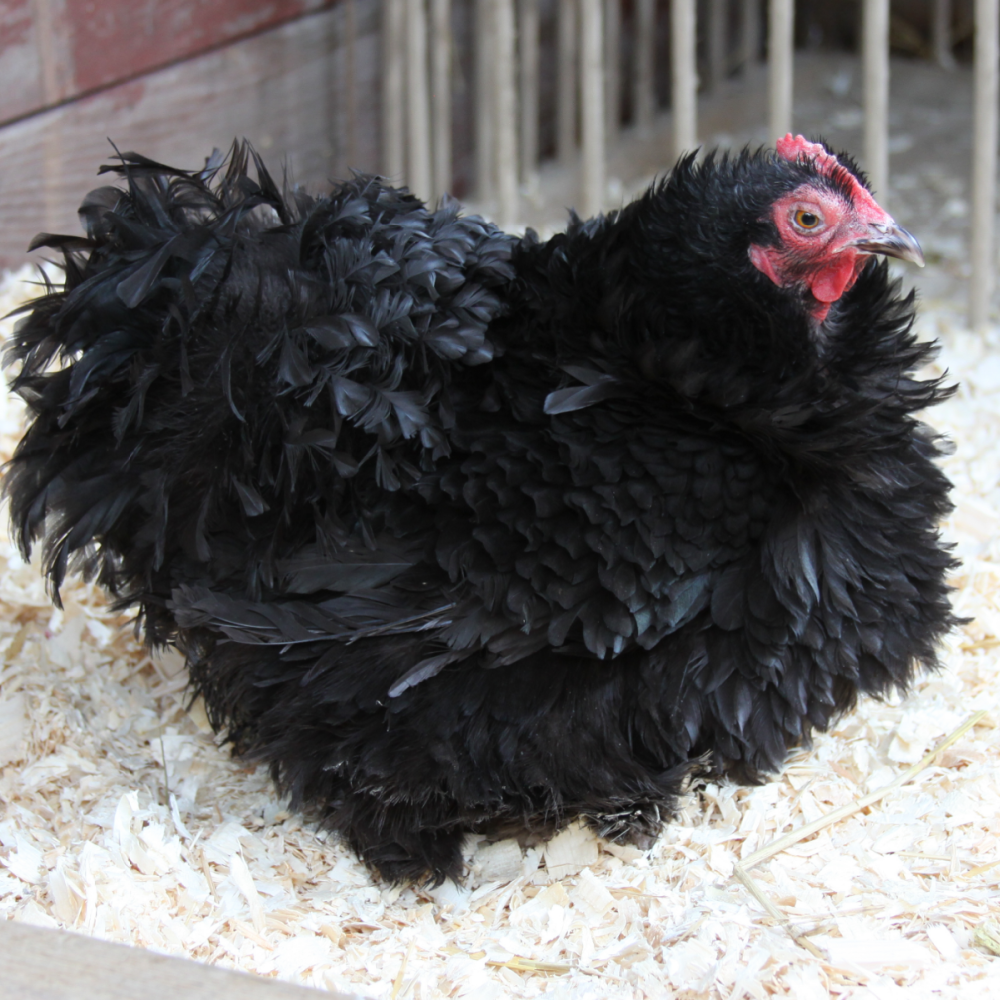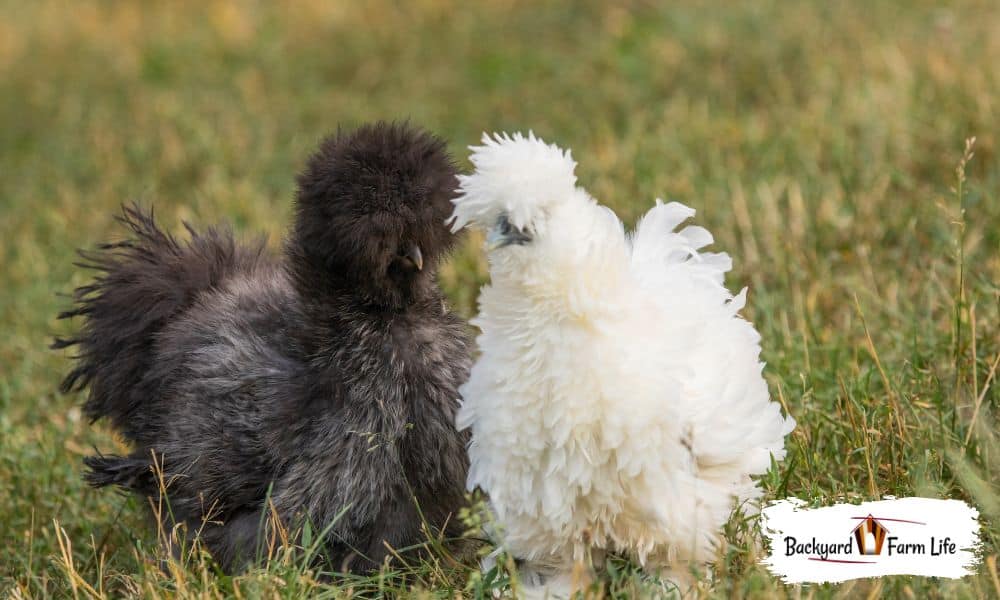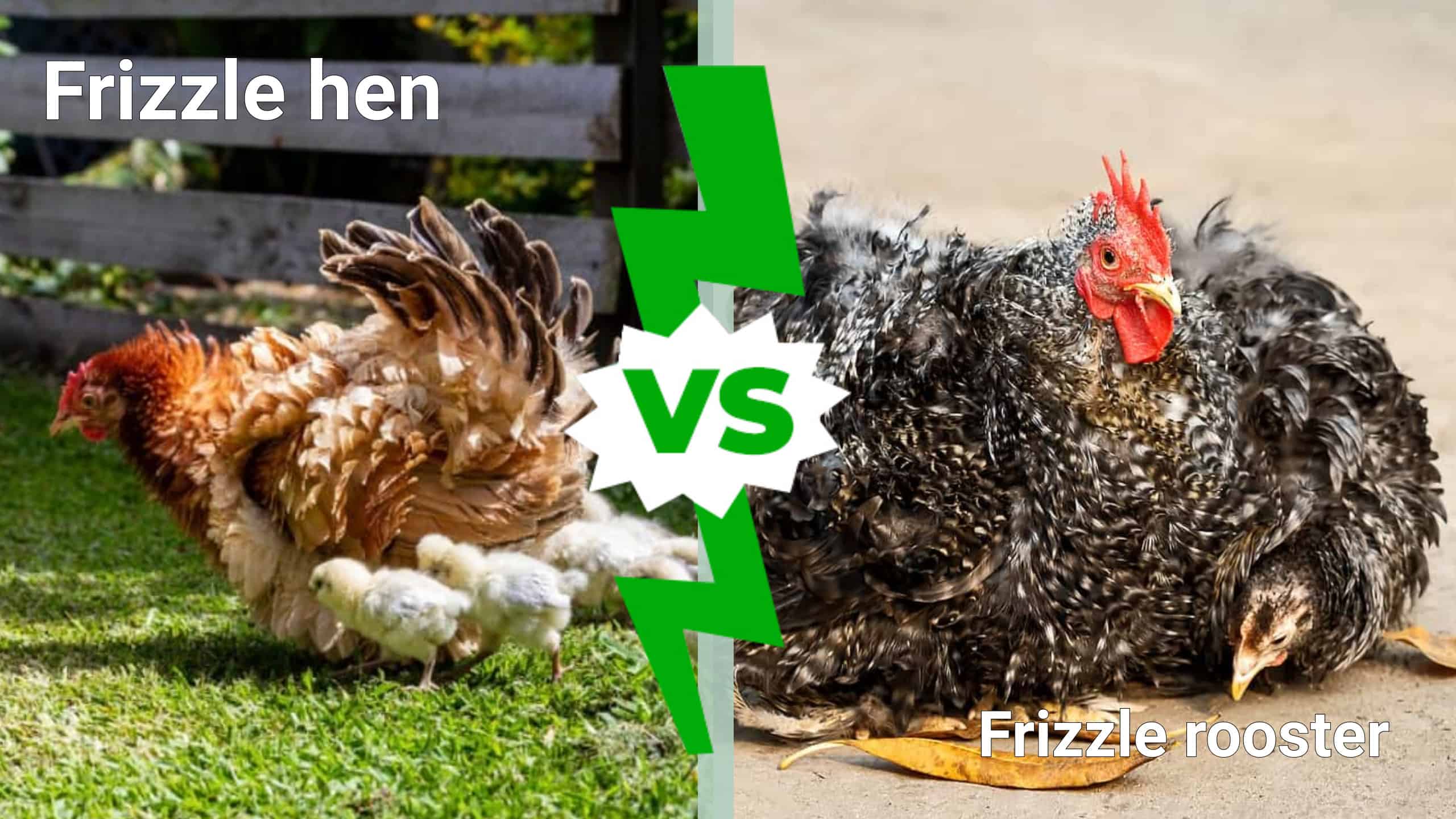So, here's the deal. If you're into chickens or just love quirky, fluffy creatures, you've probably stumbled upon the frizzle hen. These birds are like the runway models of the poultry world—feathers that curl in every direction, a quirky charm, and a personality that’s as unique as their looks. The frizzle hen has taken the backyard chicken scene by storm, and for good reason. They're not just eye candy; they're also friendly, hardy, and perfect for beginners. But what exactly makes the frizzle hen so special? Let’s dive in and find out.
Now, if you’re thinking about getting a frizzle hen or just want to learn more about these feathery wonders, you’re in the right place. In this article, we’ll cover everything from their origins to their care, and even some fun facts that’ll make you fall in love with them even more. Whether you’re a seasoned poultry enthusiast or a total newbie, the frizzle hen is a bird worth knowing about.
Let’s face it—these chickens are more than just pets. They’re companions, conversation starters, and downright adorable. So, grab a cup of coffee, and let’s chat about everything you need to know about the frizzle hen. Trust me, by the end of this article, you’ll be ready to welcome one of these feathered divas into your backyard!
Read also:Kevin Spacey Kids The Untold Story Of Family Fame And Controversy
What Exactly is a Frizzle Hen?
Alright, let’s start with the basics. A frizzle hen is essentially a chicken with a genetic trait that causes its feathers to curl outward instead of lying flat against its body. This gives them their signature fluffy, windswept look, which is totally iconic. The frizzle gene can occur in any breed of chicken, but some breeds, like the Silkie and Polish, are particularly well-known for having frizzled feathers.
Frizzle hens are not technically a breed on their own—they’re more like a feather variation. Think of it like curly hair in humans—it’s a genetic trait that can show up in different breeds. However, the frizzle gene is dominant, so if one parent has it, there’s a good chance their offspring will have those signature curls too.
Here’s the fun part: frizzled feathers come in all shapes and sizes. Some birds have loosely curled feathers, while others have tight, corkscrew-like curls that make them look like they’re ready for a photoshoot. And let’s be honest, who doesn’t love a chicken that looks like it just walked out of a salon?
Where Did the Frizzle Trait Come From?
The frizzle gene is believed to have originated in Southeast Asia, specifically in countries like Malaysia and Indonesia. In fact, the Ayam Cemani—a rare and mystical chicken breed from Indonesia—sometimes exhibits frizzled feathers. Over time, the frizzle gene made its way to other parts of the world, thanks to trade and breeding programs.
In the Western world, the frizzle trait became popular in the early 20th century when poultry enthusiasts began selectively breeding chickens with frizzled feathers. Today, you can find frizzle hens in almost every corner of the globe, and they’re beloved by backyard chicken keepers and show enthusiasts alike.
Top Breeds That Can Have Frizzled Feathers
While the frizzle gene can occur in almost any breed, some chickens are more commonly associated with frizzled feathers. Here’s a quick rundown of the top breeds that often sport this unique trait:
Read also:What Happened To Harold Ford Jr On The Five Unpacking The Controversy
- Silkie: Silkie chickens are famous for their soft, fluffy feathers, and when combined with the frizzle gene, they look like little clouds with legs.
- Plymouth Rock: These hardy birds are a favorite among backyard chicken keepers, and their frizzled versions are just as popular.
- Rhode Island Red: Known for their egg-laying prowess, Rhode Island Reds with frizzled feathers are both beautiful and functional.
- Polish: With their fancy headgear and frizzled feathers, Polish chickens are the divas of the poultry world.
- Orpington: These gentle giants are often seen with frizzled feathers, making them look even more majestic.
Each breed brings its own unique personality and characteristics to the table, so there’s a frizzle hen out there for everyone!
Why Are Frizzle Hens So Popular?
Let’s talk about why these chickens have become such a big deal. First off, their appearance is absolutely stunning. Who wouldn’t want a chicken that looks like it just stepped out of a fashion magazine? But it’s not just about looks—frizzle hens are also known for their friendly personalities and adaptability. They’re great with kids, easy to care for, and can thrive in a variety of climates.
Plus, they’re perfect for beginners. If you’re new to keeping chickens, a frizzle hen is a great choice because they’re generally low-maintenance and don’t require any special equipment or care. Just give them a comfy coop, some quality feed, and plenty of love, and they’ll be happy as clams.
How to Care for Your Frizzle Hen
Now that you know how amazing frizzle hens are, let’s talk about how to take care of them. Proper care is key to keeping your feathered friend healthy and happy. Here are some tips to get you started:
1. Housing: Your frizzle hen needs a safe and comfortable home. Make sure her coop is well-ventilated, clean, and predator-proof. Since frizzled feathers can trap moisture, it’s important to keep the coop dry to prevent feather rot.
2. Diet: A balanced diet is essential for your hen’s health. Provide her with quality chicken feed, fresh water, and occasional treats like fruits and veggies. Just don’t overdo the treats—they can disrupt her diet and lead to health issues.
3. Grooming: While frizzle hens don’t need as much grooming as, say, a dog, it’s still a good idea to check their feathers regularly for signs of mites or other pests. You can also give them a dust bath to help keep their feathers clean and healthy.
Common Health Issues in Frizzle Hens
Like any living creature, frizzle hens can experience health issues. Here are a few things to watch out for:
- Feather Rot: This occurs when frizzled feathers trap moisture, leading to mold or bacteria growth. Keep the coop dry and clean to prevent this issue.
- Parasites: Mites and lice can be a problem for any chicken, so regular inspections and dust baths are crucial.
- Nutritional Deficiencies: Make sure your hen is getting all the nutrients she needs by providing a balanced diet.
By staying on top of these potential issues, you can ensure your frizzle hen stays happy and healthy for years to come.
Fun Facts About Frizzle Hens
Ready for some trivia? Here are a few fun facts about frizzle hens:
- The frizzle gene is dominant, meaning it’s more likely to be passed down to offspring.
- Frizzle hens are often featured in poultry shows because of their unique appearance.
- Some people believe that frizzled feathers provide extra insulation, making them ideal for cold climates.
- Frizzle hens are great egg layers, producing anywhere from 150 to 300 eggs per year, depending on the breed.
Isn’t it amazing how much there is to learn about these quirky chickens?
Are Frizzle Hens Good for Beginners?
Absolutely! Frizzle hens are a great choice for first-time chicken keepers. They’re friendly, easy to care for, and adaptable to different environments. Plus, their unique appearance makes them a conversation starter, which is always a plus.
Just remember, while frizzle hens are low-maintenance, they still require proper care and attention. Make sure you’re prepared to provide them with a safe and comfortable home, a balanced diet, and regular check-ups.
The Economic Value of Frizzle Hens
Believe it or not, frizzle hens can be a valuable asset. Not only do they produce delicious eggs, but they’re also in high demand among poultry enthusiasts. If you’re thinking about breeding frizzle hens, you could potentially make a decent profit by selling their offspring or eggs.
Additionally, frizzle hens are often used in educational programs and exhibitions, where they serve as ambassadors for the poultry world. Their unique appearance and friendly demeanor make them perfect for interacting with the public and teaching people about the joys of keeping chickens.
Frizzle Hens in Popular Culture
Frizzle hens have made appearances in movies, TV shows, and even social media. Their quirky charm and stunning looks have made them a favorite among content creators and animal lovers alike. You’ll often see them featured in chicken-themed Instagram accounts, YouTube videos, and even art pieces.
So, if you’re looking to get into the world of social media, a frizzle hen could be your next big star. With their photogenic qualities and playful personalities, they’re sure to attract a following in no time.
Conclusion: Why Frizzle Hens Are Worth the Hype
In conclusion, frizzle hens are more than just chickens—they’re living works of art. With their unique appearance, friendly personalities, and adaptability, they’re a perfect choice for anyone looking to add a touch of flair to their backyard. Whether you’re a seasoned poultry enthusiast or a total newbie, these feathered divas are sure to bring joy and excitement to your life.
So, what are you waiting for? Head out to your local hatchery or breeder and find yourself a frizzle hen today. Trust me, once you’ve experienced the magic of these fluffy beauties, you’ll wonder how you ever lived without them.
And don’t forget to share this article with your friends and family. Who knows? You might just inspire someone else to join the frizzle hen craze. Happy chicken keeping, and may your backyard be filled with fluffy, feathered joy!
Table of Contents
- What Exactly is a Frizzle Hen?
- Where Did the Frizzle Trait Come From?
- Top Breeds That Can Have Frizzled Feathers
- Why Are Frizzle Hens So Popular?
- How to Care for Your Frizzle Hen
- Common Health Issues in Frizzle Hens
- Fun Facts About Frizzle Hens
- Are Frizzle Hens Good for Beginners?
- The Economic Value of Frizzle Hens
- Frizzle Hens in Popular Culture


